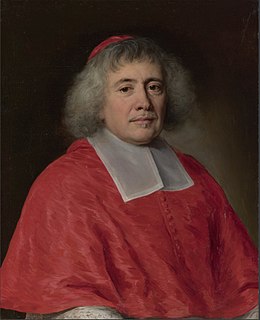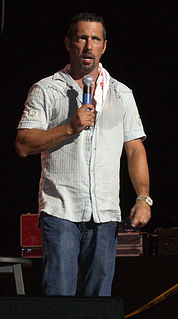A Quote by Napoleon Bonaparte
Orders and decorations are necessary in order to dazzle the people.
Related Quotes
In order to contract, It is necessary first to expand. In order to weaken, It is necessary first to strengthen. In order to destroy, It is first necessary to promote. In order to grasp, It is necessary first to give. This is called subtle light. The weak and the tender overcome the hard and the strong.
You really shouldn’t do that to people," I criticized. "It’s hardly fair." "Do what?" "Dazzle them like that – she’s probably hyperventilating in the kitchen right now." He seemed confused. "Oh come on," I said dubiously. "You have to know the effect you have on people." He tilted his head to one side, and his eyes were curious. "I dazzle people?" "You haven’t noticed? Do you think everybody gets their way so easily?" He ignored my questions. "Do I dazzle you?" "Frequently," I admitted.
In a flash order transaction, buy or sell orders are shown to a collection of high-frequency traders for just 30 milliseconds before they are routed to everyone else. They are widely considered to give the few investors with access to the technology an unfair advantage, even by some of the marketplaces that offer the flash orders for a fee.
many rules could be made for the giving of orders. Don't preach when you give orders. Don't discuss matters already settled unless you have fresh data. Make your direction so specific that there will be no question whether they have been obeyed or not. Find out how to give directions and yet to allow people opportunity for independent thinking, for initiative. And so on and so on. Order-giving requires just as much study and just as much training as any other skill we wish to acquire.
As the Nazi regime developed over the years, the whole structure of decision-making was changed. At first there were laws. Then there were decrees implementing laws. Then a law was made saying, ‘There shall be no laws.’ Then there were orders and directives that were written down, but still published in ministerial gazettes. Then there was government by announcement; orders appeared in newspapers. Then there were the quiet orders, the orders that were not published, that were within the bureaucracy, that were oral. And finally, there were no orders at all. Everybody knew what he had to do.











































